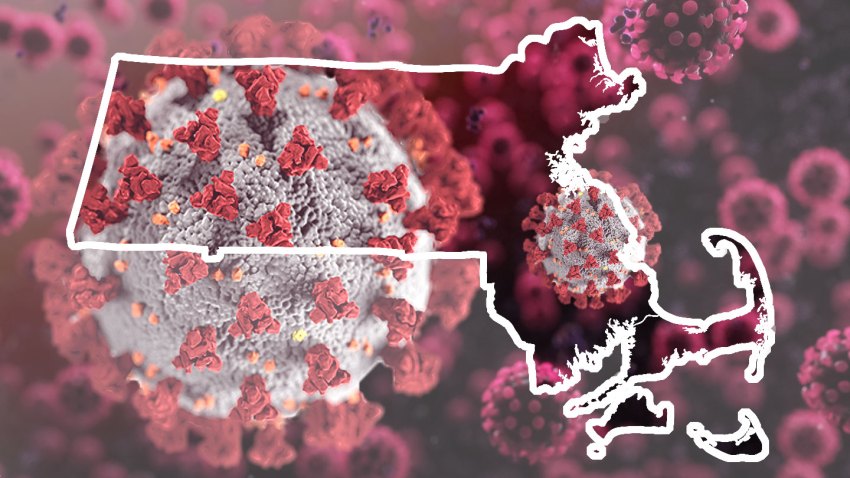Passengers at Boston's South Station Thursday were eager to get together with family for Christmas weekend, even though some are on edge to travel by bus or train as COVID cases continue to rise.
"At this point, it's my only option to go home, and I want to go home," said Reilly Fitzgibbons.
At the Lucky Star bus line, passengers were getting temperature checks before heading to New York City.
"I have a feeling it's going to spread like wildfire, but I think for people that have been following this all along and have been doing the things that protect you the most, that this is going to be a little blip," said Professor Ann Sheehy, an immunologist at the College of the Holy Cross in Worcester.
Get Boston local news, weather forecasts, lifestyle and entertainment stories to your inbox. Sign up for NBC Boston’s newsletters.
Sheehy says there will likely be a big surge in omicron cases after the holiday, but most people will likely experience less severe symptoms.
"I would think mostly mild for people that are vaccinated," said Sheehy. "I think that the gap between the unvaccinated and vaccinated is just going to continue to grow as we see variants emerge that are highly transmissible like omicron."
Experts says COVID-19 is surging now, and there will likely be another wave after the new year.
More on the COVID-19 pandemic
"My level of concern has gone up over the last few weeks, just because there's so much more COVID in the community," said Dr. Sandra Nelson, an infectious diseases physician at Massachusetts General Hospital. "I do think from a public health standpoint, large gatherings right now have the potential to really fuel the fire of this wave."
Nelson says high-risk people, including those who are unvaccinated, may want to skip holiday gatherings.
For those who are traveling and getting together, experts say stick to the basics: vaccines, boosters, testing and better face coverings are key.
"I think this is a time for individuals to consider ensuring they have a high-quality mask," said Dr. Nelson. "An N95 or a KN95. And if that's not available, to consider double masking."



